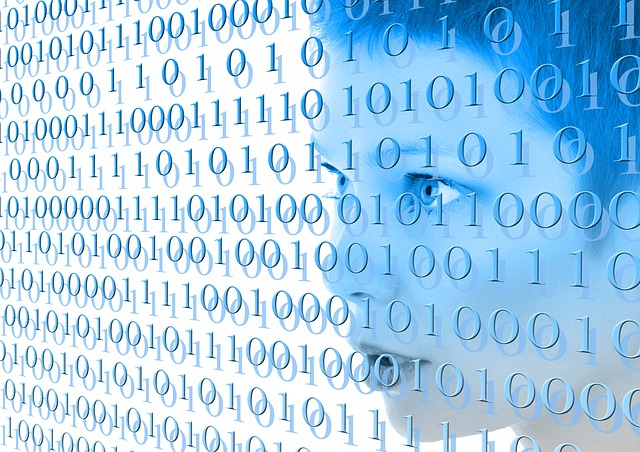Blockchain and healthcare: How the technology can improve the security and privacy of healthcare data
 In this erudite analysis, we shall delve into the burgeoning intersection of blockchain technology and healthcare, a propitious confluence that holds the potential to engender transformative enhancements in the security and privacy of healthcare data. By elucidating the manifold benefits conferred by the integration of blockchain technology within the healthcare domain, we aim to provide a perspicacious perspective on the myriad possibilities inherent in this emerging area of innovation. 1. Healthcare dаta: A brief overview Healthcare data pertains to the vast array of information generated, collected, and managed within the healthcare ecosystem, encompassing electronic health records (EHRs), medical imaging, lab results, and other sensitive patient information. Despite the critical importance of healthcare data in ensuring the delivery of quality care, it is frequently beleaguered by challenges such as data breaches, inefficiency, and lack of interoperability, which undermine trust and engender deleterious ramifications for patients and healthcare providers alike. 2. Blockchain technology: A potential catalyst for healthcare data transformation Blockchain technology, the decentralized and immutable innovation underpinning cryptocurrencies and a plethora of decentralized applications, presents a promising solution to the aforementioned challenges that bedevil healthcare data. The following sections elucidate the manifold benefits that can be derived from the integration of blockchain technology within the healthcare data domain: 3. Enhanced security and privacy through decentralization By leveraging the decentralized nature of blockchain technology, healthcare data management systems can eschew traditional centralized architectures, which are vulnerable to single points of failure and malevolent attacks. The blockchain's distributed ledger ensures that healthcare data is stored across a multitude of nodes, rendering it resistant to tampering and enhancing the resilience of healthcare data management systems. 4. Improved data integrity and control The immutability inherent in blockchain technology guarantees the integrity of healthcare data within healthcare data management systems. Once healthcare data is recorded on a blockchain, it becomes indelible and verifiable, engendering trust in the provenance and authenticity of the information. Furthermore, blockchain technology empowers patients with greater control over their personal data, facilitating the secure sharing and revocation of access to their healthcare data. 5. Streamlined data sharing and interoperability Blockchain technology can facilitate the efficient and secure sharing of healthcare data among disparate stakeholders, including patients, healthcare providers, insurers, and researchers. This decentralized approach to healthcare data sharing can engender significant efficiency gains and cost reductions while fostering interoperability among various healthcare data management systems and enhancing overall system resilience. 6. Facilitating patient-centric healthcare
7. Reducing fraud and enhancing compliance By leveraging the traceability and immutability of blockchain technology, healthcare data management systems can effectively combat fraud and ensure the authenticity of medical records and transactions. The ability to verify the provenance and authenticity of healthcare data can mitigate the risk of fraud, bolstering trust and enhancing compliance with regulatory requirements, such as the Health Insurance Portability and Accountability Act (HIPAA) and the General Data Protection Regulation (GDPR). In conclusion, the integration of blockchain technology within healthcare data management represents a fecund domain, replete with potential synergies that can engender transformative enhancements in the security and privacy of healthcare data. By judiciously harnessing the power of blockchain technology, stakeholders in the healthcare data domain can surmount the manifold challenges that currently beleaguer the industry, ultimately fostering a more secure, efficient, and patient-centric healthcare data ecosystem. Article and video for topic: Blockchain and healthcare: How the technology can improve the security and privacy of healthcare data. Author: Jonathan Burroughs |





